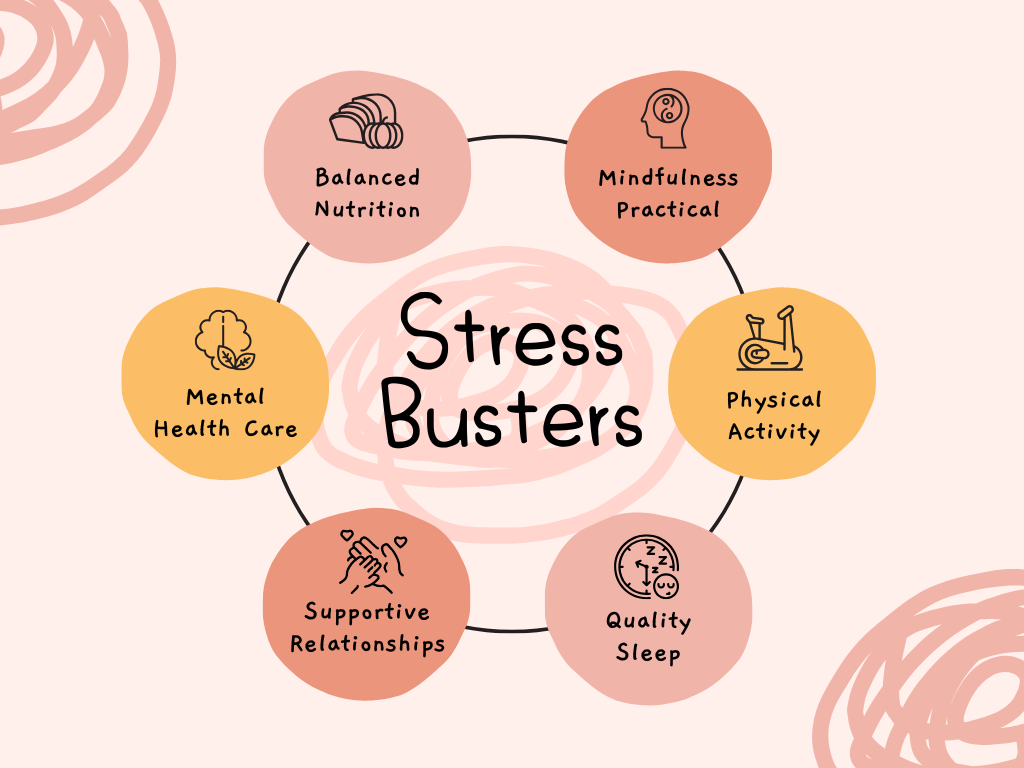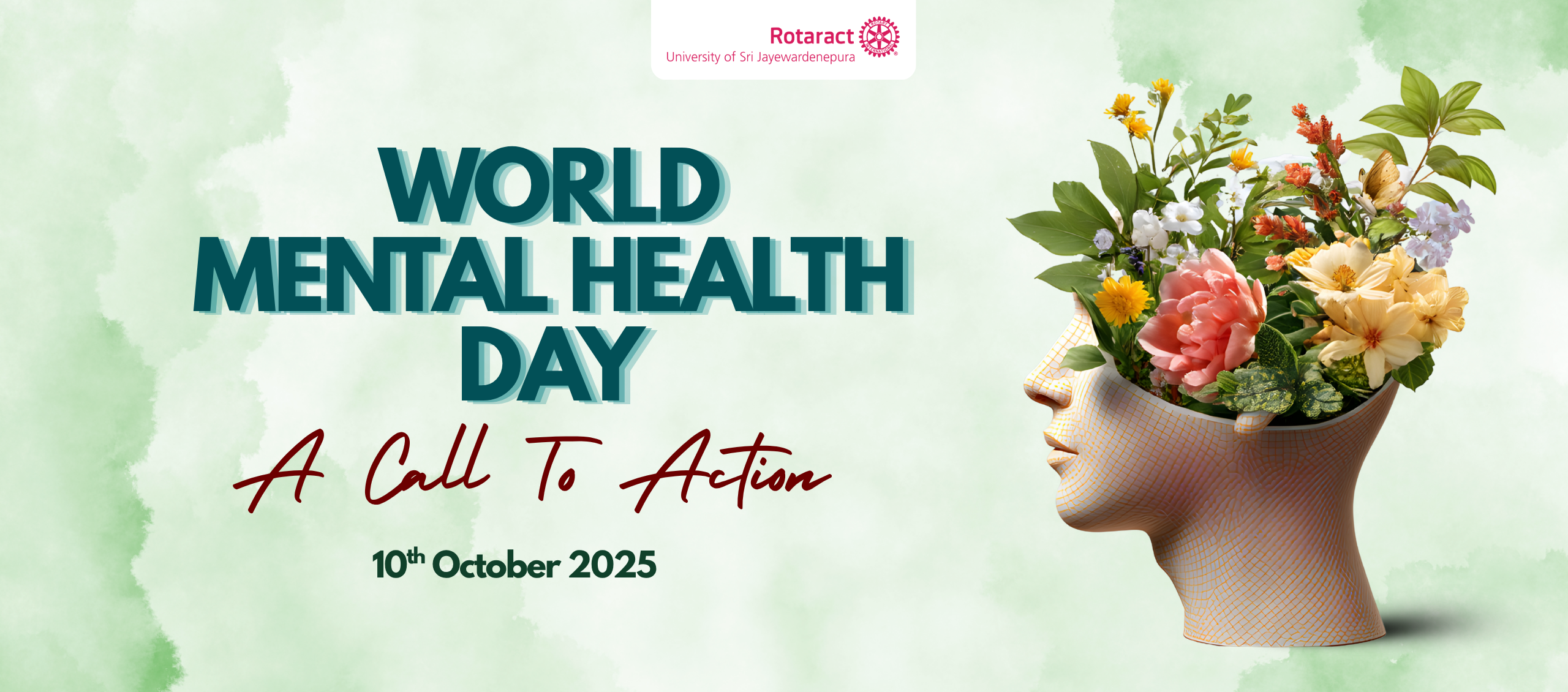Written By: Rtr. Isuri Dewmini
Mental health is just as important as physical health, yet for too long, it’s been neglected, stigmatized, and underfunded. World Mental Health Day, an initiative spearheaded by the World Health Organization (WHO), serves as our annual reminder to make a change. It’s a day to raise awareness, challenge discrimination, and mobilize efforts to support those with mental health conditions.
A Global Priority for WHO
The WHO has long recognized that “there is no health without mental health.” Mental disorders are among the leading causes of illness and disability worldwide. The COVID-19 pandemic further highlighted this, leading to a significant increase in cases of depression and anxiety. This global crisis underscored the urgent need for a more robust and accessible mental health system.
The WHO’s commitment to mental health is not just for one day. They’ve launched initiatives like the “WHO Special Initiative for Mental Health”, aiming to provide access to quality and affordable mental healthcare for millions more people. They also have the Mental Health Gap Action Programme (MHGAP), which focuses on scaling up services for mental, neurological, and substance use disorders, particularly in low- and middle-income countries.
This Year’s Theme: A Call to Action
Each year, World Mental Health Day focuses on a specific theme to drive targeted action. The theme for 2025 is “Access to services – mental health in catastrophes and emergencies”. This theme is a stark reminder that in times of crisis—like natural disasters, conflicts, or pandemics—mental health needs are often overlooked. It’s a call to governments, healthcare systems, and humanitarian organizations to prioritize mental health alongside physical health, ensuring that people affected by these emergencies receive the support they need to cope and recover.
Why Awareness Matters
Mental illness is not a character flaw or a personal failing. It’s a health condition that can affect anyone, regardless of age, gender, or background. Still, the stigma surrounding it prevents people from seeking help, often leading to a worsening of their condition and a feeling of isolation. By talking about mental health openly and honestly, we can:
- Break the stigma: When we share our stories, we show others they’re not alone. This helps to normalize the conversation and encourages more people to seek help.
- Encourage early intervention: Just like with physical illnesses, early treatment for mental health conditions can significantly improve outcomes. Reducing stigma makes it easier for people to get help before their condition becomes severe.
- Advocate for better policies: As public awareness grows, so does the pressure on governments and institutions to invest more in mental healthcare and create more inclusive, supportive environments.
What Can You Do?
This World Mental Health Day, you don’t have to be a medical professional to make a difference. Here are a few simple yet powerful actions you can take:
- Listen without judgment: If a friend or family member confides in you about their struggles, listen with an open mind and heart. Validate their feelings and let them know you’re there for them.
- Educate yourself: Learn the signs and symptoms of common mental health conditions. Resources from organizations like the WHO are a great place to start.
- Practice self-care: Remember that you can’t pour from an empty cup. Take time for your own mental well-being, whether it’s through meditation, exercise, or hobbies you enjoy.
- Support mental health initiatives: Look for local or global organizations you can support. Your advocacy, no matter how small, can help create a world where mental health is a universal human right, not a luxury.

What’s Available for Sri Lankans?
In Sri Lanka, the conversation around mental health is slowly but surely opening up. The deeply ingrained cultural stigma that once kept these issues in the shadows is being challenged by a new generation and dedicated organizations. If you or someone you know is struggling, remember that help is available. Here are some of the key resources in Sri Lanka:
Helplines and Hotlines
Sometimes, the first and most crucial step is simply talking to someone. These hotlines offer confidential, non-judgmental support, often around the clock.
- 1926 – National Mental Health Helpline (NIMH): This is the official government-run helpline, offering 24/7, free, and confidential support by phone.
- CCCline 1333: A free telephone counselling service that provides emotional support and guidance to people facing difficulties.
- Sumithrayo: A well-established organization that provides emotional support and befriending services to those who are lonely, in despair, or having suicidal thoughts. Their hotline is a vital resource.
- Childline Sri Lanka (1929): Specifically for children and adolescents, this hotline offers support for issues like abuse, neglect, and mental health struggles.
Government and Institutional Support
The public healthcare system is the backbone of mental health services in the country.
- National Institute of Mental Health (NIMH): Located in Mulleriyawa, NIMH is the largest mental health hospital in Sri Lanka. It provides comprehensive inpatient and outpatient services, including specialised units for forensic psychiatry and elderly care.
- General Hospitals: Most major government hospitals have mental health units or clinics with a consultant psychiatrist. These clinics provide essential, low-cost services to the public.
This World Mental Health Day, let’s pledge to be part of the change. Let’s challenge the stigma by speaking openly about our own experiences, listening with empathy to others, and educating ourselves and our communities. Let’s remember that mental illness is a human experience, not a character flaw. And most importantly, let’s recognise that reaching out for help is not a sign of surrender, but a courageous first step on the path to healing and a healthier, happier Sri Lanka.
Graphic Design by: Rtr. Buthma Menali


0 Comments